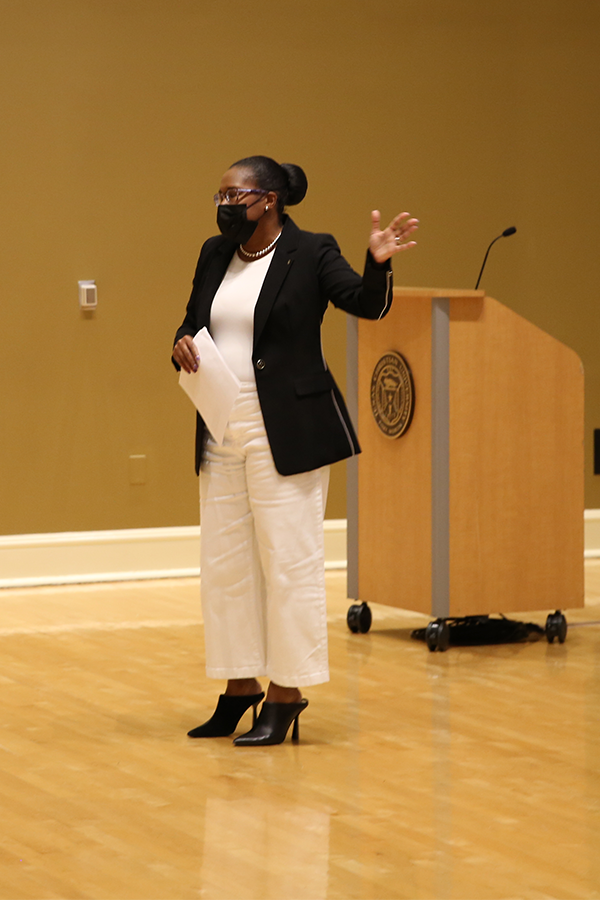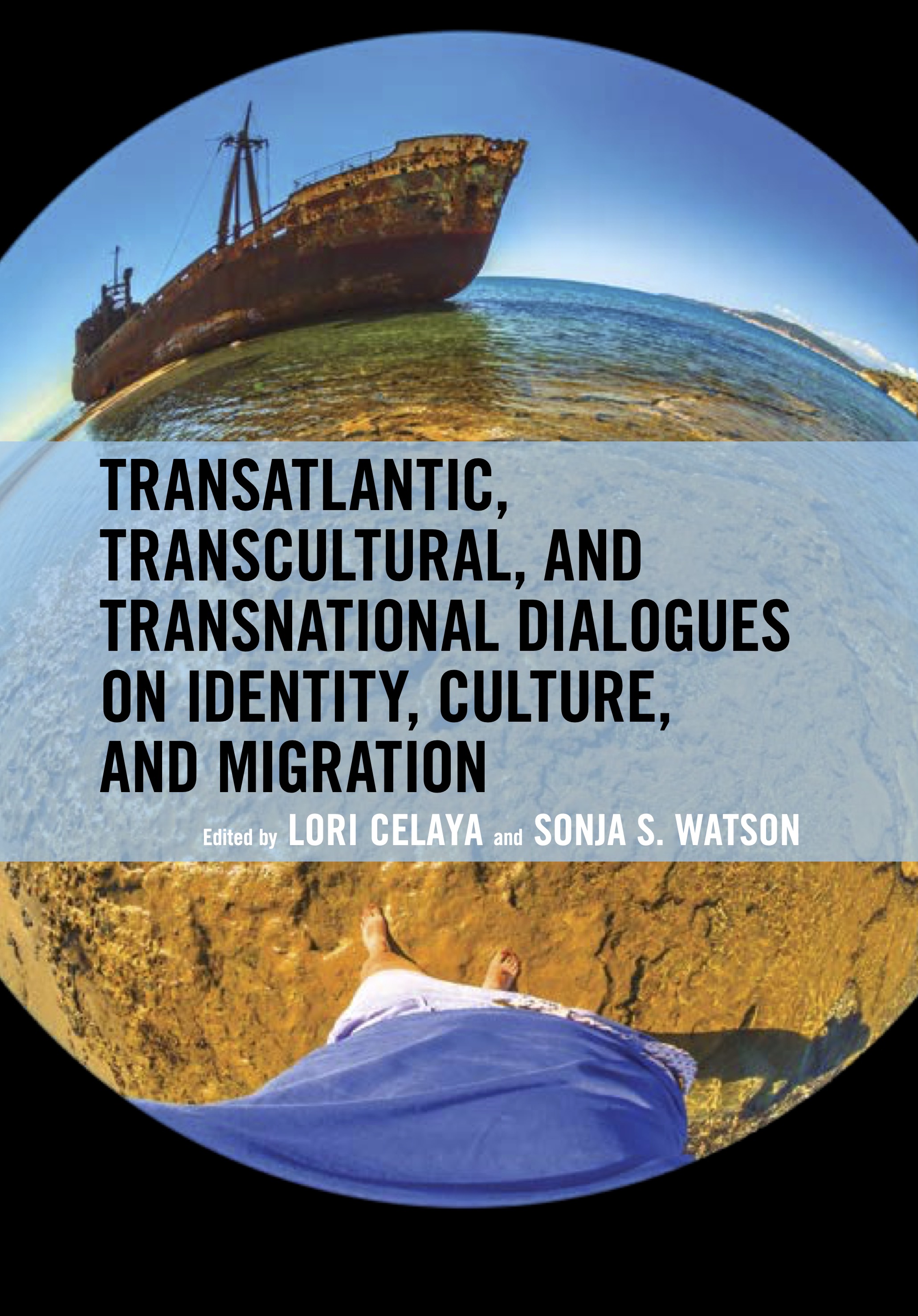Sonja Watson’s Latest Book Brings to Light New Perspectives on Issues of Identity Across National and Cultural Borders
In her new book, “Transatlantic, Transcultural, and Transnational Dialogues on Identity, Culture, and Migration,” Dean Sonja Watson, Ph.D., and co-editor Lori Celaya, Ph.D., collected essays on what it means for individuals and cultures to have identities that span national and cultural borders and boundaries. The subject matter is something Watson is familiar with, going back to her earliest days as a doctoral student.

Beginning in Panama
A research trip to Panama in 2002 started Watson down the road to what would become her research focus: Black writers in Latin America and the Hispanic Caribbean.
“I wanted to do something related to Latin American literature and the African diaspora,” Watson recalled. Social scientists had studied the experiences of Black people in Panama as related to the Panama Canal, but Watson wanted to focus instead on “The experience in Panama from a literary perspective analyzing novels, short stories, and poetry by Black writers.”
The experience of the research trip turned into Watson’s first book, “The Politics of Race in Panama: Afro-Hispanic and West Indian Literary Discourses of Contention.” In the book, Watson says early Panamanian writers, from roughly 1880 to the 1920s, struggled to express their Black identity. Watson says during this period, Panamanians were starting to form a sense of national identity because their country gained independence later than others in Latin America.
Early Panamanian writers were Afro-Hispanics (Black writers whose first language was Spanish), and the direct descendants of enslaved Africans. “In that particular early period, we see Black Panamanian writers struggling with their identity, struggling with what it means to be both Black and Panamanian because, under the early twentieth-century national framework, the two were incompatible,” Watson said.
The struggle to define their Black identity shifted in the late 1970s when writers descended from English-speaking immigrants from the West Indies came onto the literary scene. The writers, Panamanian West Indians, began to “talk about their race, and the discrimination they received for being Black West Indian immigrants in Panama,” Watson said.

A Transatlantic Book
Taking cues from her previous book and research experience, Watson says the latest book “deals with issues of migration, culture, race, language and identity in Spain, Latin America and the U.S.”
In Watson's view, there is no single identity that can define an individual or group, but instead multiple identities that are essential to understanding the entire story. “This book views identity from a transatlantic perspective seeing commonalities (albeit with their distinct differences) in cultures, peoples and nations from disparate geographic areas,” Watson said.
Watson said that it was her and Celaya’s desire to create something that merged their research areas: Watson’s work on Black identity in Latin America and Celaya’s studies on the U.S.-Mexico border and beyond.
With the book now completed and on sale, Watson is grateful for the collaboration of the book’s contributors.
“We were so very fortunate to get fascinating essays that merged our particular research areas, border studies and diaspora studies, and most importantly to advance the study of scholarship on migration, identity and culture,” said Watson.
